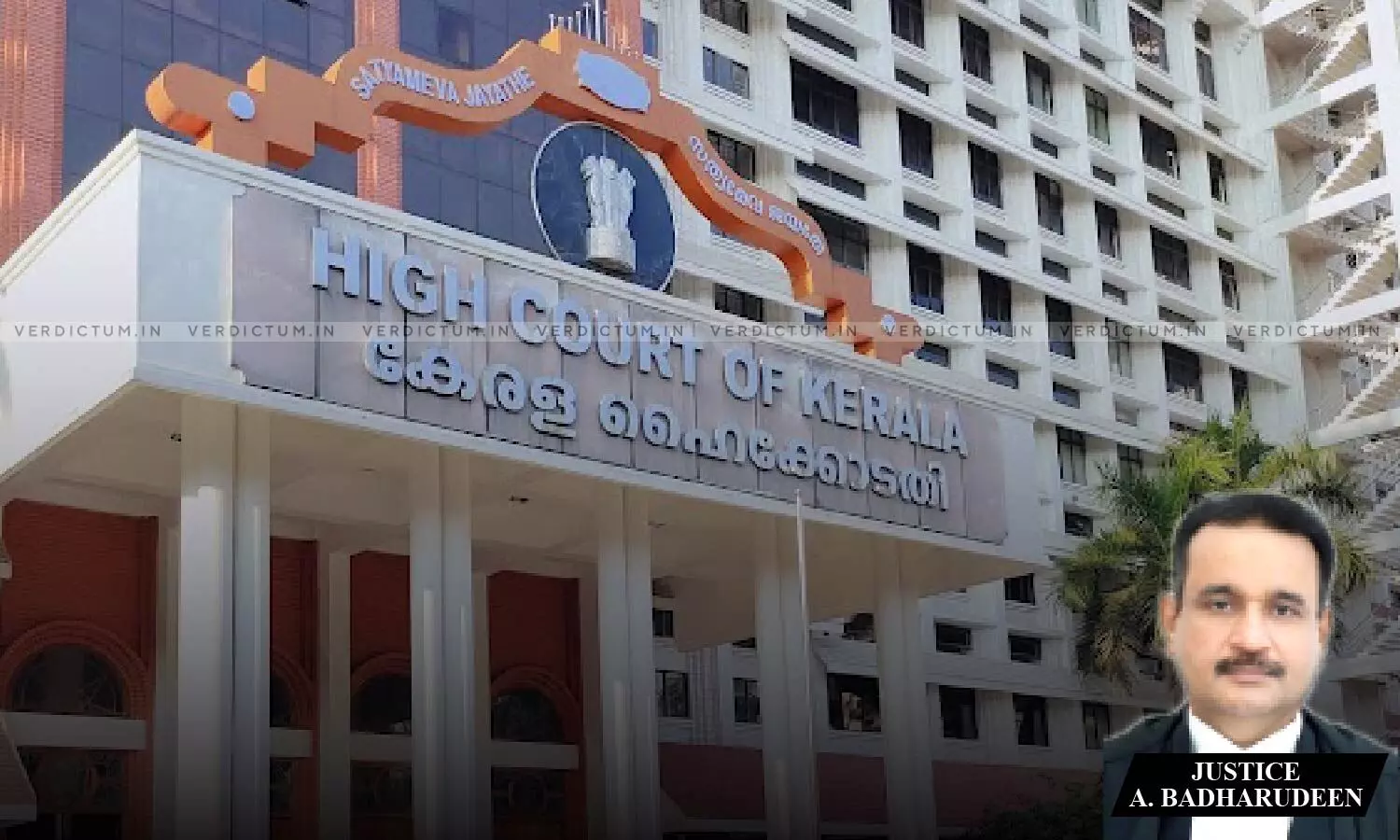
In Cases Before Special Courts Where Committal Doesn’t Arise, Starting Point Of '60 Days' U/S 250(1) BNSS Can Be Counted From Date Of Supply Of Copies Of Document: Kerala HC
 |
|The Kerala High Court observed that in cases before Special Courts where committal doesn't arise, the starting point of sixty days as given under Section 250(1) Bharatiya Nagarik Suraksha Sanhita, 2023 ,can be counted from the date of supply of copies of documents.
The Court said that the principle in Section 262(1) of BNSS can be followed till the legislature makes the starting point in such cases with clarity and certainty, by appropriate amendment to Section 250(1) of BNSS.
The Court was hearing a Criminal Revision Petition filed under Sections 438 and 442 of the Bharatiya Nagarik Suraksha Sanhita, 2023 by the Petitioner/sole accused in a case on the files of the Fast Track Special Court challenging the order where the Application for discharge moved by the Petitioner was dismissed by the Special Judge.
The bench of Justice A. Badharudeen observed, “…in sessions cases where committal doesn't arise, because of the original jurisdiction conferred upon the Special Courts referred herein above, the principle in Section 262(1) of BNSS can be followed till the legislature makes the starting point in such cases with clarity and certainty, by appropriate amendment to Section 250(1) of BNSS. Thus in such cases, the starting point of sixty days can be counted from the date of supply of copies of documents.”
Advocate Biju C. Abraham appeared for the Appellant and PP MP Prasanth appeared for the Respondent.
Brief Facts-
It is the case of the prosecution that the accused offered to marry the victim after maintaining a love affair. Thereafter, the accused took the victim to a rental house and subjected her to sexual intercourse by promising to marry her. He again on a later date subjected her to sexual intercourse by repeating the promise of marriage. On this premise, the prosecution alleged the commission of an offence punishable under Section 376(2)(n) of the Indian Penal Code. The trial Judge after analysing the prosecution materials, found that there were materials to go for trial and accordingly, dismissed the discharge Petition.
The Court noted, “Sub-section (1) of Section 250 of BNSS is a new provision which prescribes a period of sixty days to prefer an application by the accused for discharge from the date of committal of the case. In fact, no such time limit fixed in Section 227 of Cr.P.C. But it is noticed that there is lack of clarity or legislative vacuum in the matter of starting point of sixty days in Section 250(1) of BNSS.”
The Court observed that the crucial aspect to be considered when considering discharge under Section 227 of Cr.P.C. as well as under Section 250(2) of BNSS indubitably is nothing but as to whether sufficient ground to proceed against the accused is made out from prosecution records. “If sufficient materials are available to go for trial, discharge cannot be considered.”, the Court noted.
The Court said that the accused subjected the victim to sexual intercourse twice repeating the promise of marriage therefore, according to the Court, dismissal of the plea raised by Petitioner is justifiable.
Accordingly, the Court dismissed the Criminal Revision Petition.
Cause Title: Sajith v. State of Kerala (Neutral Citation: 2024:KER:67663)